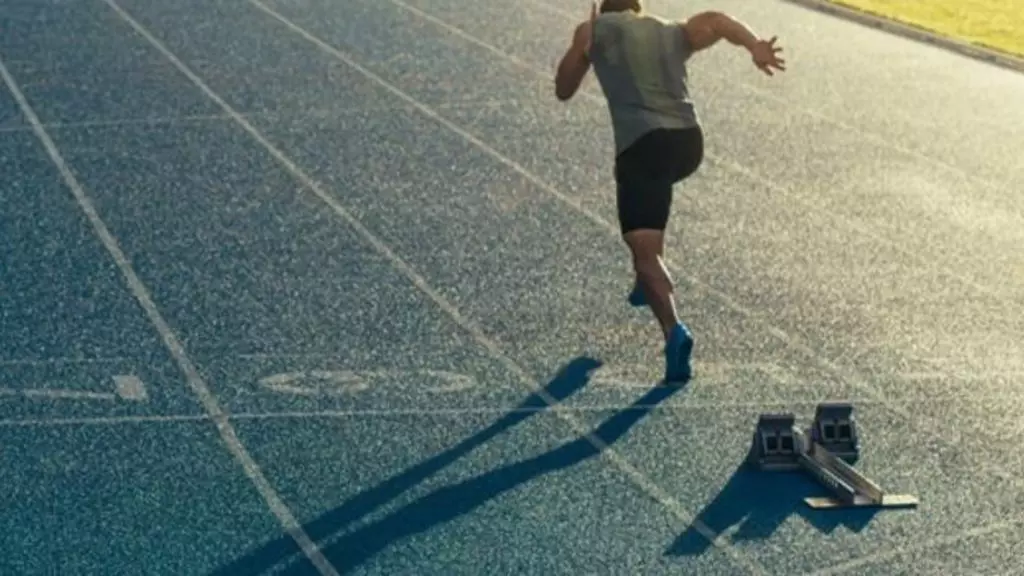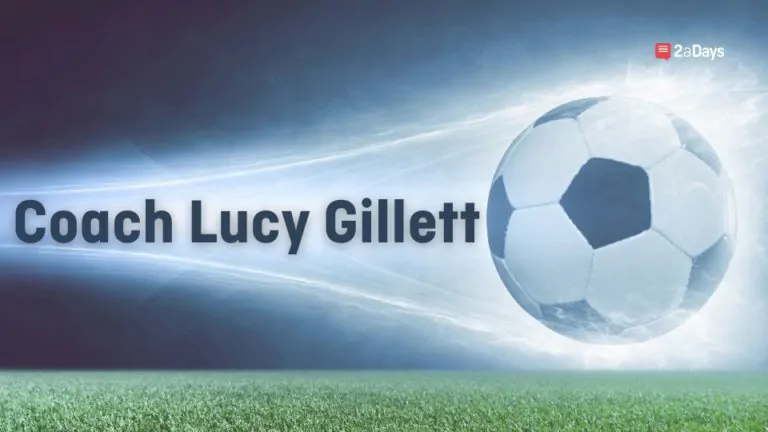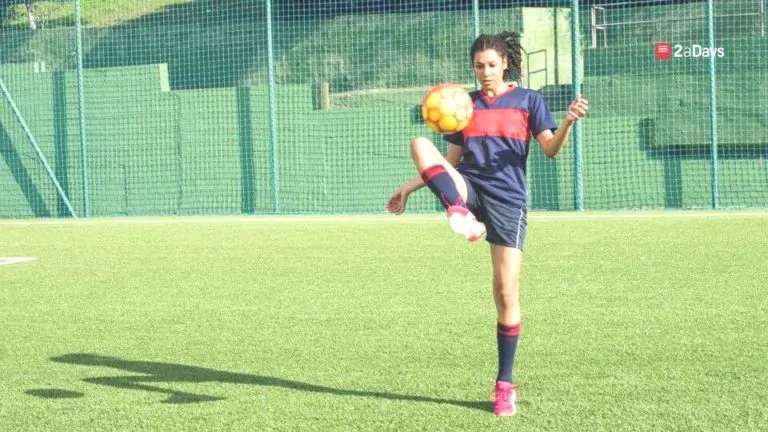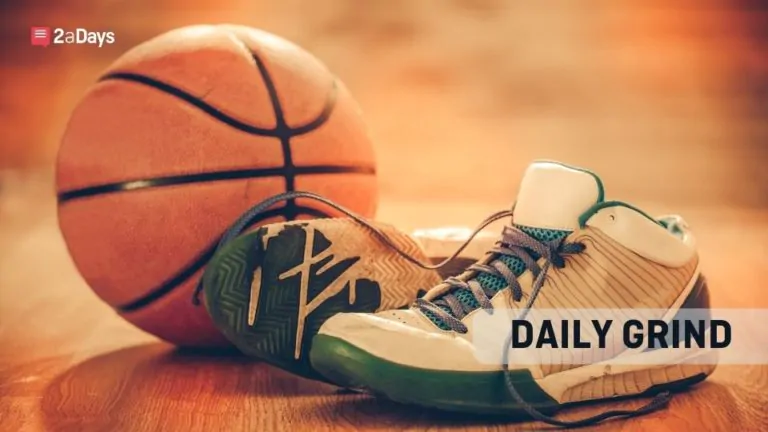It's easy to think that we've come a long way when it comes to mental health, therapy, and openly communicating about our feelings. It's not so taboo anymore to go to therapy, right? That would be correct to assume about the average person, but not so much when it comes to college athletes. An alarming study showed that only 10% of college athletes facing mental health issues seek help. That's why we really need to talk about athletes' mental health, especially male athletes.
It's easy to think that some of these male athletes are living the life. Playing the sport they love at a big-name school, traveling the country, being chased by girls, and constantly being praised. Yet, we forget that they are also balancing the full-time job of being a college athlete, while still trying to perform in school, aside from the struggles of everyday life. Constantly being under a microscope, being criticized for poor performances, struggling with physical exhaustion/fatigue, and not being able to see family often… doesn't sound too glamorous, does it?
Related: Am I Just Tired Or Is It Chronic Fatigue?
As athletes, we are taught from a young age that struggle and sacrifice are just part of the “grind.” We're taught to fight through pain, to “tough it out.” Although this can sometimes work when it comes to minor physical pains, it's not a healthy way to approach mental health. It's not just athletes that are conditioned this way, but men even more so. Society has conditioned them to behave a certain way and to not display signs of weakness. This can manifest into not seeking help or therapy when needed. In fact, a study by the CDC concluded that the suicide rate amongst men is four times higher than in women.
Related: Student-Athletes and the Risk of Suicide
Although as a society, we have made significant progress in the mental health field, male athletes still deeply face the consequences of these stigmas. My hope is that professional athletes who speak out about their struggles will encourage and inspire young male athletes to seek help, whether it's opening up to a coach or seeing a therapist.
It's also crucial that collegiate athletic programs emphasize the importance of seeking assistance. They should provide mental health resources to their male athletes and allow them the time to utilize these resources.
Related: How the NCAA Can Address Mental Health
* Originally published on November 17, 2021, by Celeste Gutierrez







